Welcome to Our Blog
At Map of Ag, we’re passionate about sharing our knowledge, experiences, and perspectives to keep you informed and inspired. Our blog is a platform dedicated to exploring the latest trends, sharing insightful tips and tricks, and discussing the challenges and opportunities within our industry. We believe in the power of information and aim to provide valuable content that resonates with the industry.
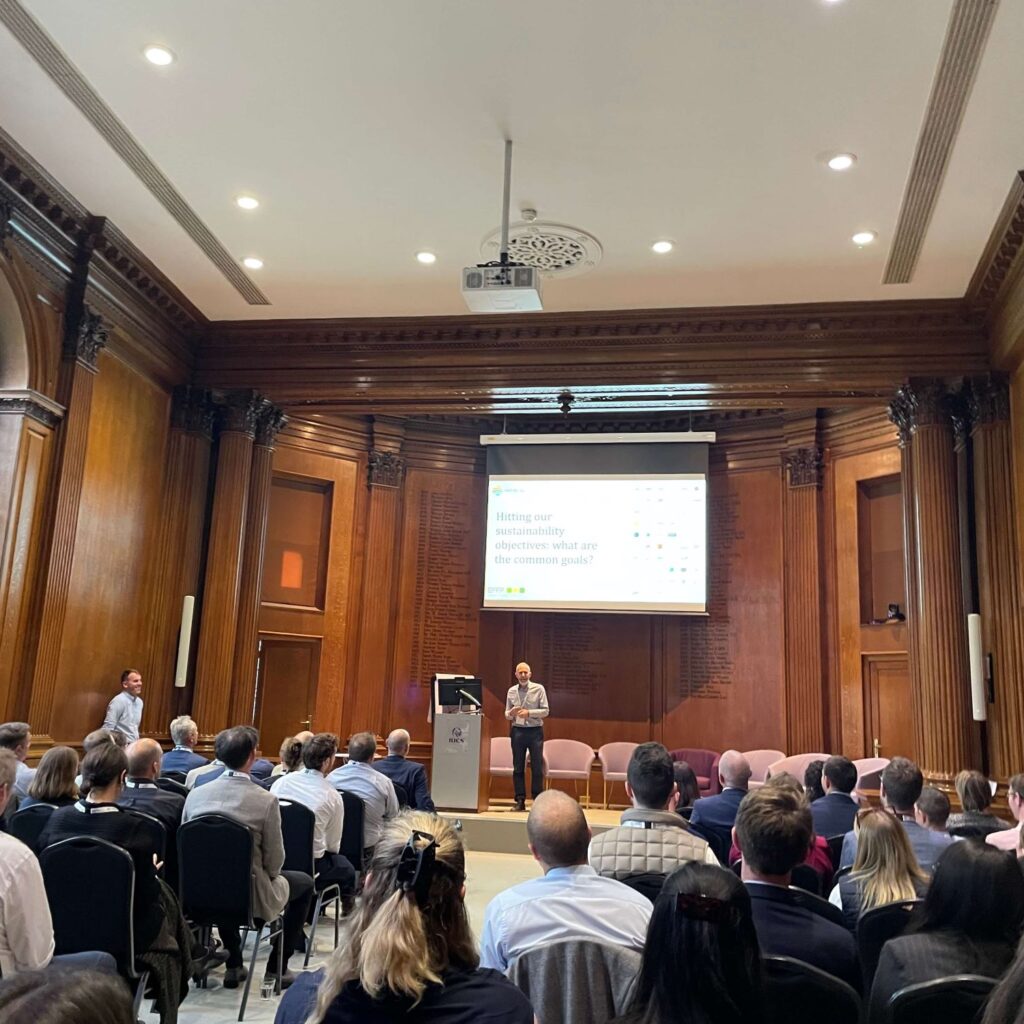
Why On-Farm Data Sharing is Key to Achieving Sustainability Goals in UK Food Supply Chain
Why On-Farm Data Sharing is Key to Achieving Sustainability Goals in UK Food Supply Chain We recently hosted a meeting…

Can we assess farms from 1,476,378 feet?
You thought much of the planet had shifted to metric! We’re often encouraged to change our perspective, and “look at…
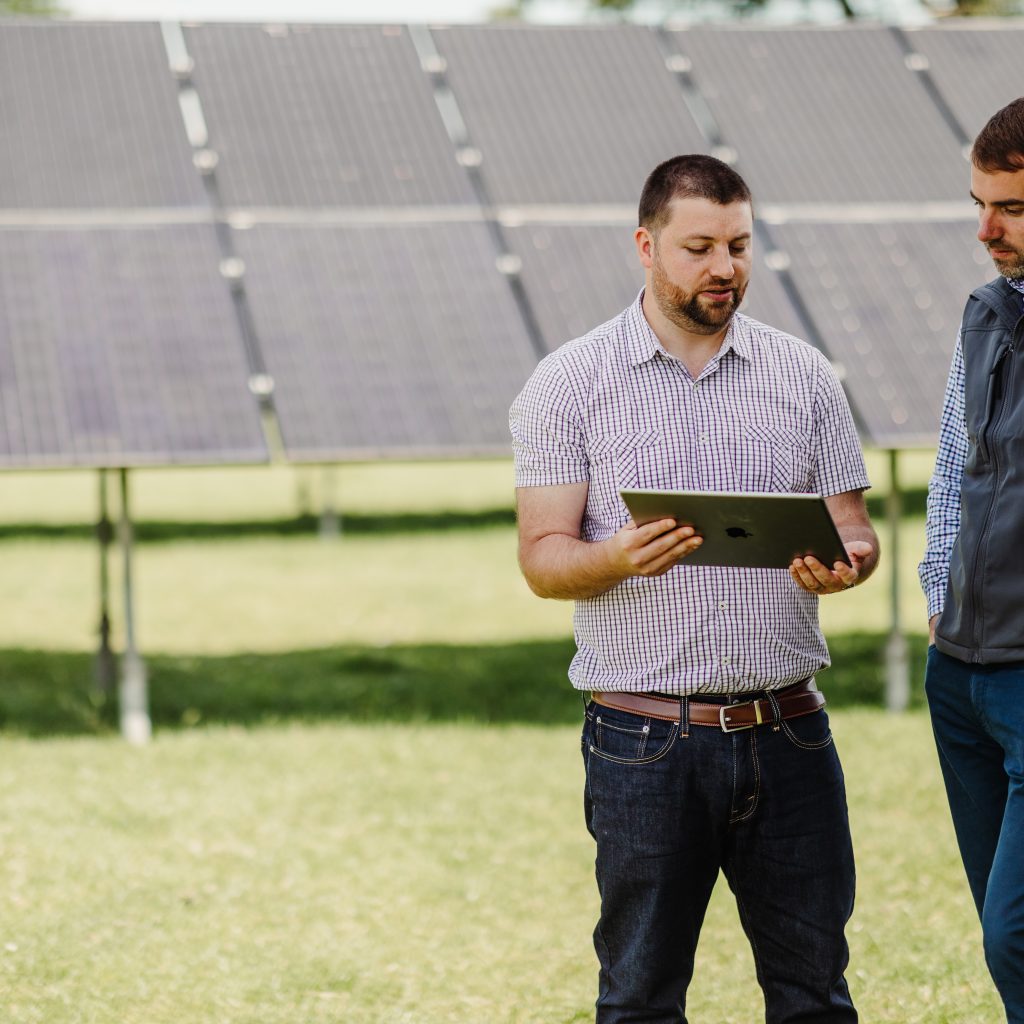
Beyond “know your number.”
Do you know your number? When did you find it out? What has it meant to your life since you…
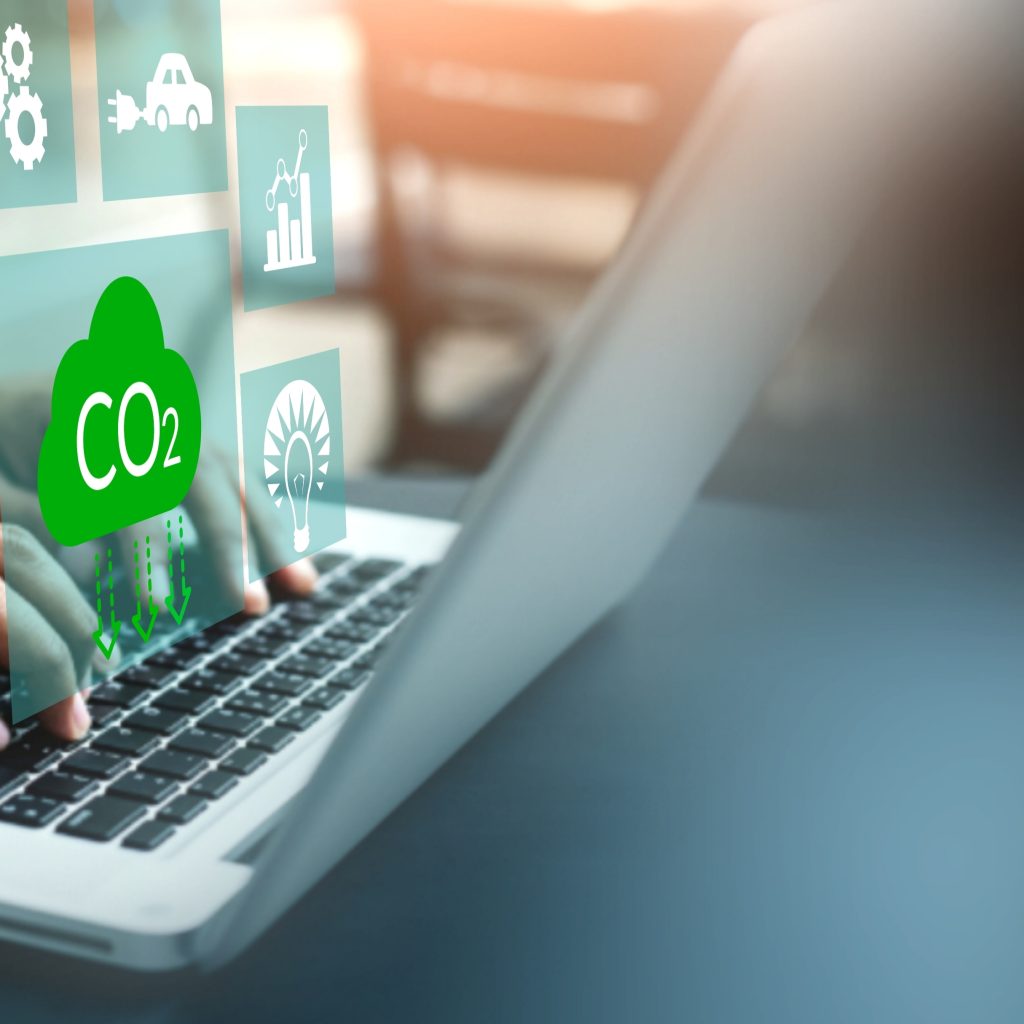
Streamlining Agrifood Emissions
How are food and fibre value chains tackling the greenhouse gas emissions from agriculture, and monitoring improvements? Andrew Cooke…
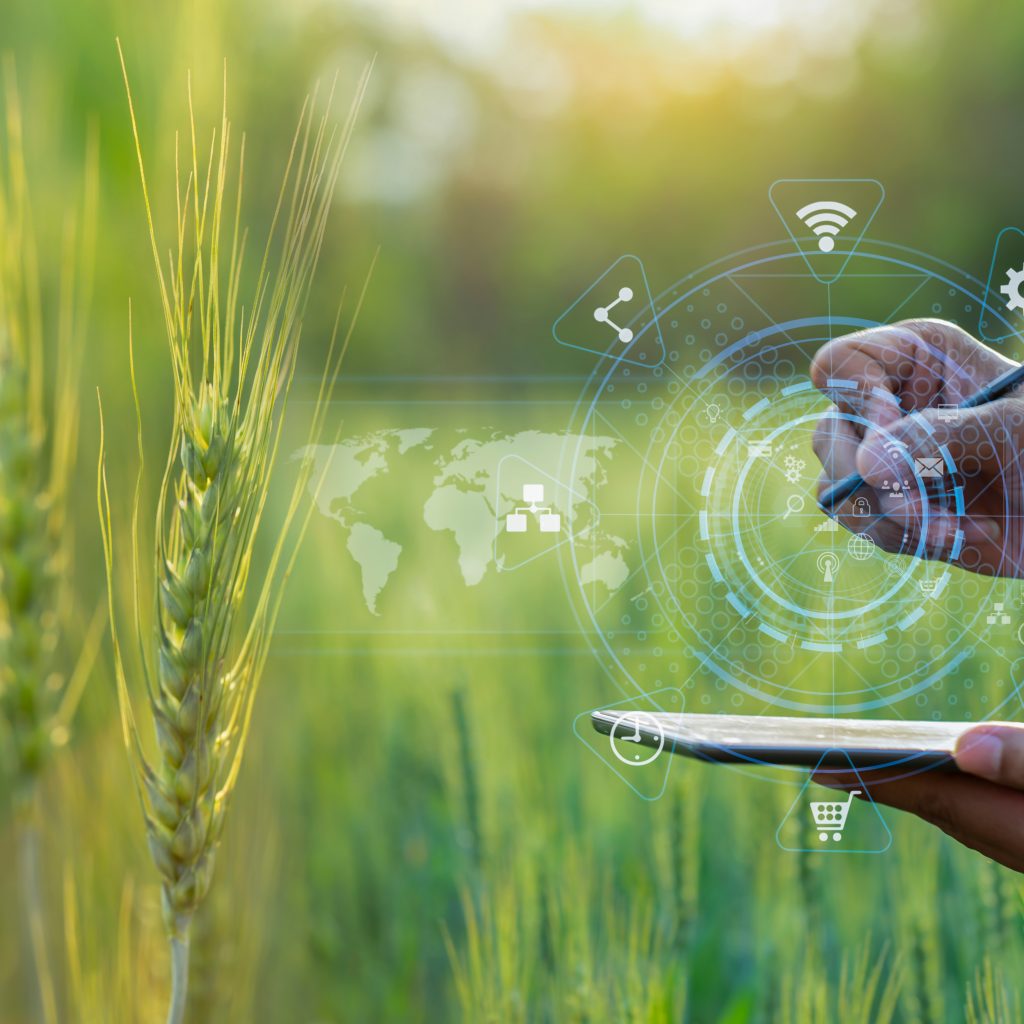
Don’t just use your data once
If you’ve read some of my work in the past, you’ll know that I often write about farm or agricultural…

Growing Greener Together: Map of Ag and ADM’s Regenerative Agriculture Partnership
The imperative for sustainable practices has never been more urgent. Recognising this, ADM, a global leader in nutrition and agricultural…
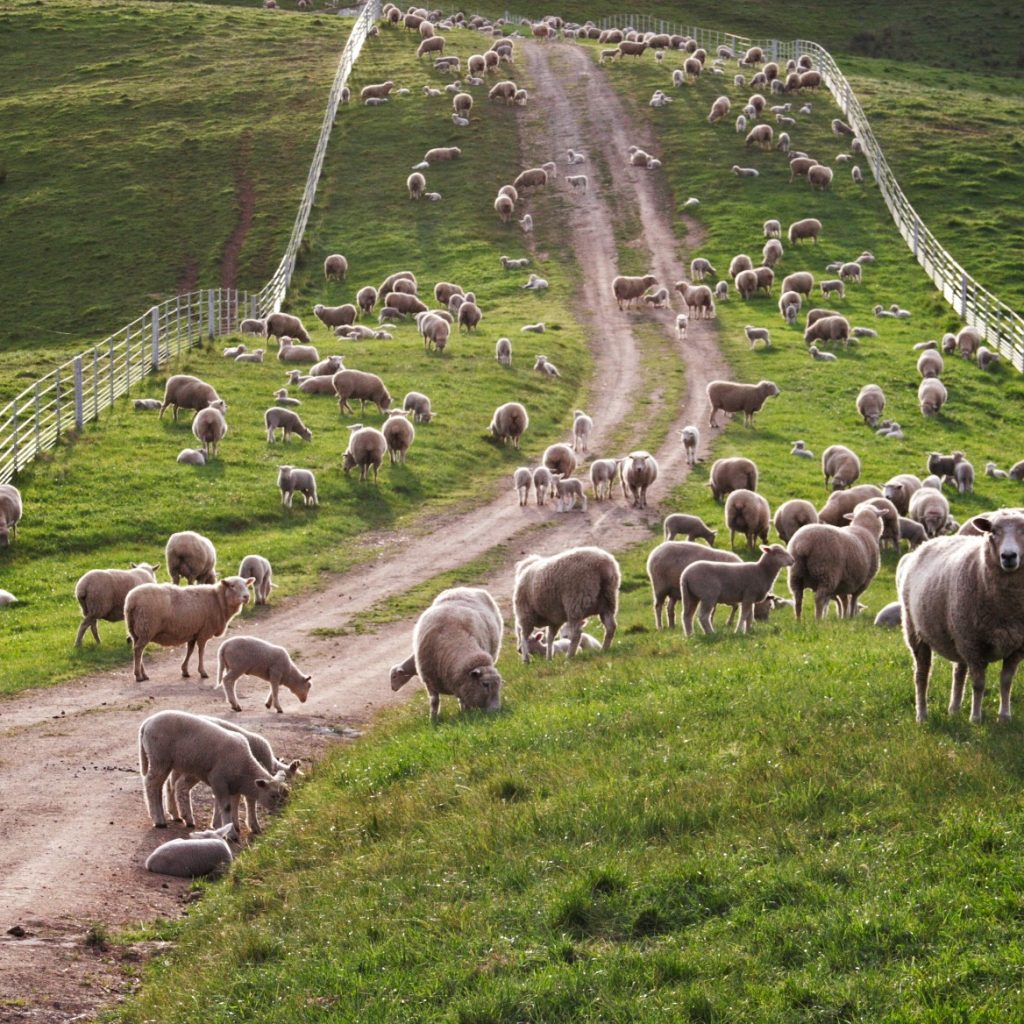
Beyond Baselining
It is pretty clear now that understanding and addressing greenhouse gas (GHG) emissions at farm level is imperative for sustainable…
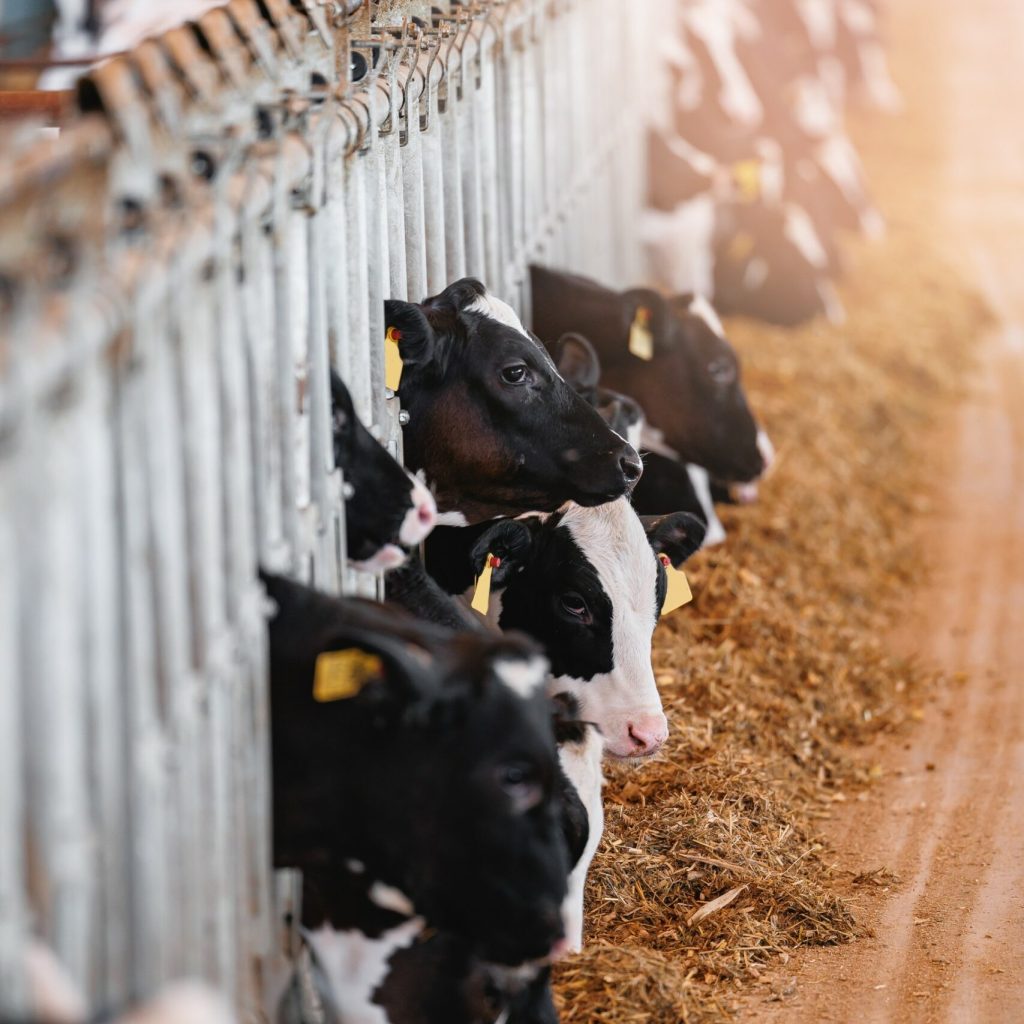
Accuracy essential to measure feed emissions
The use of long-established industry averages to calculate the embedded CO2 emissions of purchased feeds is no longer tenable, as…
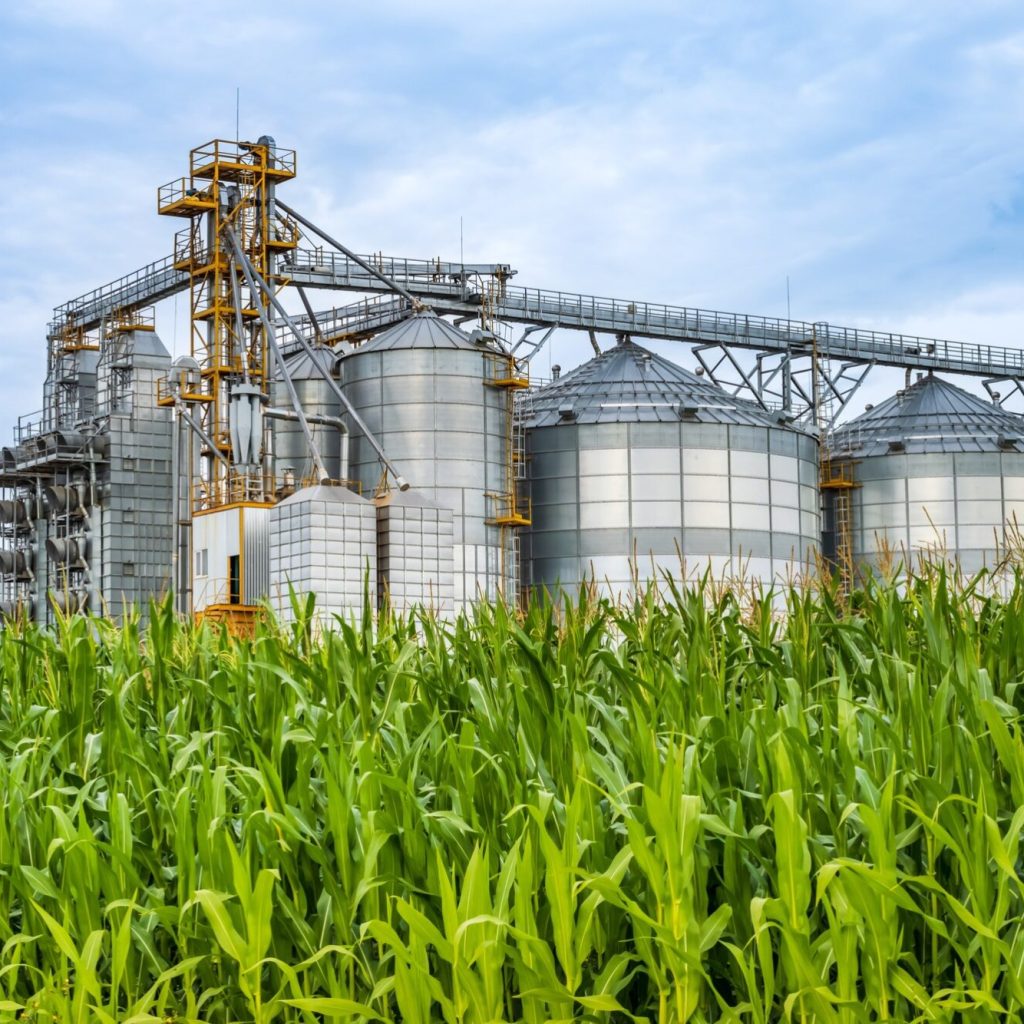
Farm sustainability baselines offer benefits for growers
Sustainability targets set by food and retail companies are driving the need for accurate data and metrics. But it’s not…
